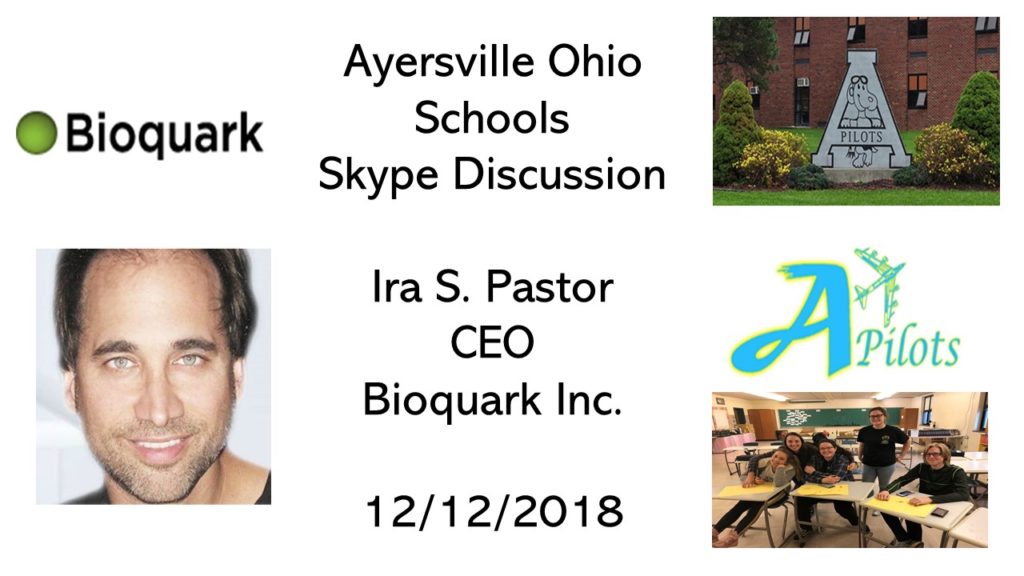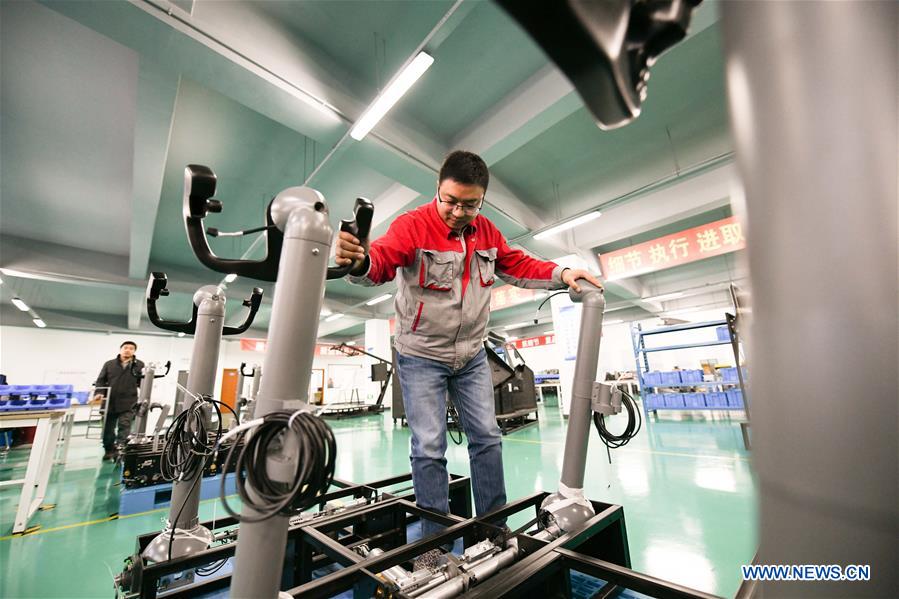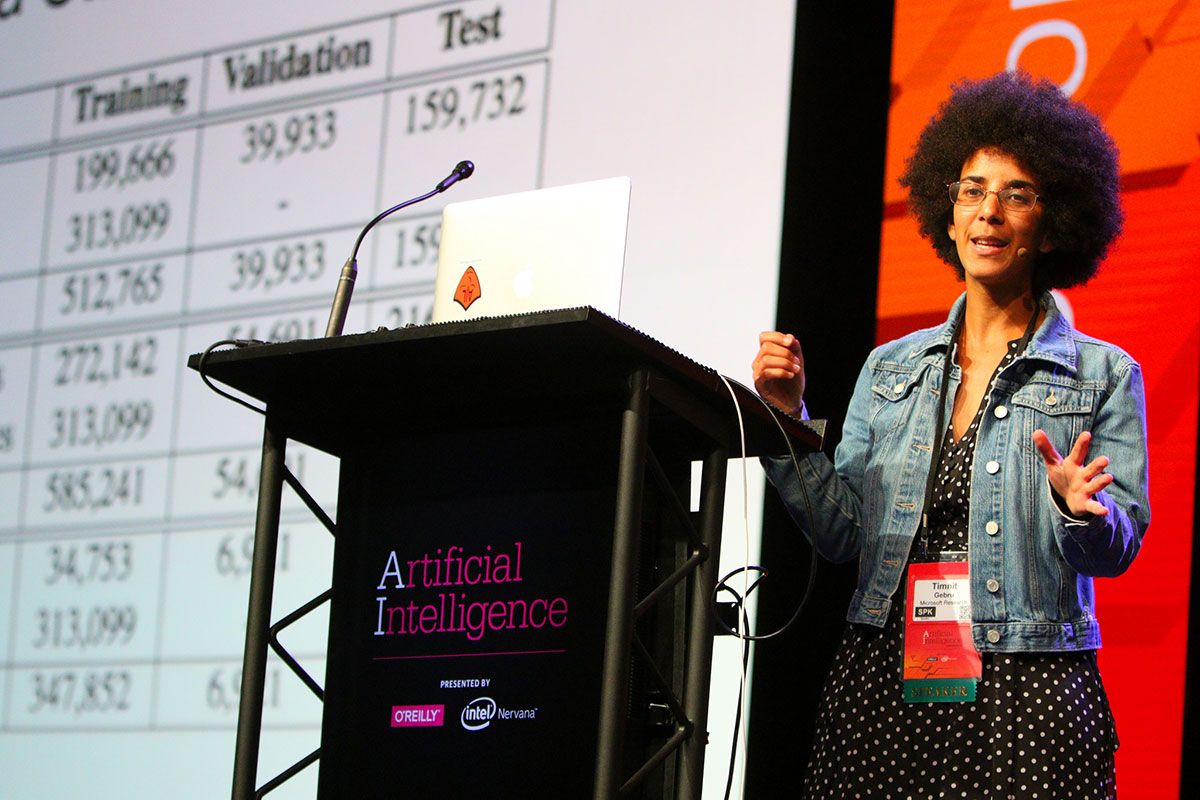New program coming on-line at Bioquark Inc. (www.bioquark.com) — Ectocrine interactions (the“Ectocrinome”) represents a completely unexplored area related to human health
https://www.prweb.com/releases/bioquark_inc_and_ectocrine_te…004155.htm

New program coming on-line at Bioquark Inc. (www.bioquark.com) — Ectocrine interactions (the“Ectocrinome”) represents a completely unexplored area related to human health
https://www.prweb.com/releases/bioquark_inc_and_ectocrine_te…004155.htm

Had a great time with my regenerative biology Q&A session with Ayersville (Ohio, USA) Schools 2nd graders and high school advanced anatomy class — so happy to see kids out there that are interested in these topics at such a young age — creating the future, one mind at a time — https://www.youtube.com/watch?v=2_uu9f7nafc

Fu Qiang examines flight simulator cockpit parts at Wright Brothers Science and Technology Development Co., Ltd. in Harbin, northeast China’s Heilongjiang Province, Dec. 14, 2018. If it were not for a common infatuation with flight simulation, chances are that Liu Zhongliang, Fu Qiang and Zhou Zhiyuan, who had once led three entirely distinct careers, might never come across one another, let alone team up and approach an aviation dream. The aviation enthusiast trio launched their hardware developing team in 2009. From the very first electronic circuit, to today’s flight simulator cockpits, the core spirit of autonomous design prevailed throughout the course of their venture. In 2014, Liu, Fu and Zhou left Zhengzhou in central China and relocated to Harbin. They were joined by Ge Jun, another aviation enthusiast, entering a business fast track as the four registered their company, named after the Wright Brothers. The prototype of a scale 1:1 Boeing 737–800 cockpit procedure trainer took shape in the same year. And in the year to come, the simulator cockpit was put to standardized production. The company’s products have obtained recognitions at various levels. In November 2016, a refined model of their cockpit procedure trainer obtained technical certification from the China Academy of Civil Aviation Science and Technology, one of the country’s top research institutes in the field. Later, another flight simulator cockpit prototype received Boeing authorizations. One aspiration of the team is to apply for higher-level technical certifications for their simulator cockpits, and become a viable contributor to the Chinese jetliner industry. (Xinhua/Wang Song)

IonQ was founded on a gamble that ‘trapped ion quantum’ computing could outperform the silicon-based quantum computers that Google and others are building. As of right now, it does. IonQ has constructed a quantum computer that can perform calculations on a 79-qubit array, beating the previous king Google’s efforts by 7 qubits.
Their error rates are also the best in the business, with their single-qubit error rate at 99.97% while the nearest competitors are around the 99.5 mark, and a two-qubit error rate of 99.3% when most competitors are beneath 95%. But how does it compare to regular computers?
According to IonQ, in the kinds of workloads that quantum computers are being built for, it’s already overtaking them. The Bernstein-Vazirani Algorithm, a benchmark IonQ is hoping will take off, tests a computer’s ability to determine a single encoded number (called an oracle) when the computer can only ask a single yes/no question.

Virtual reality (VR) has made massive bounds in recent years. We’re now seeing VR as an innovative and creative experience catered to customers.
To find out about t he creative ways entrepreneurs are using VR — and which methods have true applicability — I asked a panel of entrepreneurs from Young Entrepreneur Council the following question:

GEO Satellites business globally make roughly 80% of the overall Space market business with $270B revenues claimed in 2017. How a Space Industry of such kind level of business can disappear is not an argument for many years to come but how a transformation of the Satellite configuration can impact the Space Industry this represents a real topic.
I already discussed in my previous article of how the advancement of A.I. bringing to autonomous missions for satellites, 3D printing permitting on-orbit Manufacturing and Robotic Assembly are not far away technologies, with the mature advancements achieved in on-Ground applications, to be applied to Space Satellites. Already today recently born Startups are working on Satellites on-board software/hardware permitting more autonomous tasks with decision making capability without being piloted from remote on-Ground Stations, significantly reducing operative costs.
Arriving to build fully autonomous Satellites is just a matter of time, with remotely controlled operations to be applied only for safety contingencies. The foreseen growth in the number of small satellites by order of magnitudes push the market this way.

The California-based startup Rocket Lab will launch 10 tiny satellites into orbit for NASA tonight, and you can watch it all live online.
A Rocket Lab Electron booster is scheduled to launch NASA’s ElaNa-19 mission from the company’s private Launch Complex 1 on the Mahia Peninsula of New Zealand’s North Island. Liftoff is scheduled for 11:07 p.m. EST (0407 Dec. 13 GMT) during a 4-hour launch window that closes at 3 a.m. EST (0800 GMT). You can watch live via Rocket Lab’s website, beginning about 20 minutes before liftoff. You can also watch the launch here on Space.com, courtesy of Rocket Lab. Bad weather may be a concern for the launch, company officials said.
Tonight’s launch will mark Rocket Lab’s first flight for NASA and the fourth orbital flight of the company’s Electron booster over all. After two test flights (nicknamed “This Is A Test” and “Still Testing”), the company successfully launched its first commercial mission (dubbed “It’s Business Time”) last month.

Facial recognition technology is being tested by businesses and governments for everything from policing to employee timesheets. Even more granular results are on their way, promise the companies behind the technology: Automatic emotion recognition could soon help robots understand humans better, or detect road rage in car drivers.
But experts are warning that the facial-recognition algorithms that attempt to interpret facial expressions could be based on uncertain science. The claims are a part of AI Now Institute’s annual report, a nonprofit that studies the impact of AI on society. The report also includes recommendations for the regulation of AI and greater transparency in the industry.
“The problem is now AI is being applied in a lot of social contexts. Anthropology, psychology, and philosophy are all incredibly relevant, but this is not the training of people who come from a technical [computer science] background.” says Kate Crawford, co-founder of AI Now, distinguished research professor at NYU and principal researcher at Microsoft Research. “Essentially the narrowing of AI has produced a kind of guileless acceptance of particular strands of psychological literature that have been shown to be suspect.”
